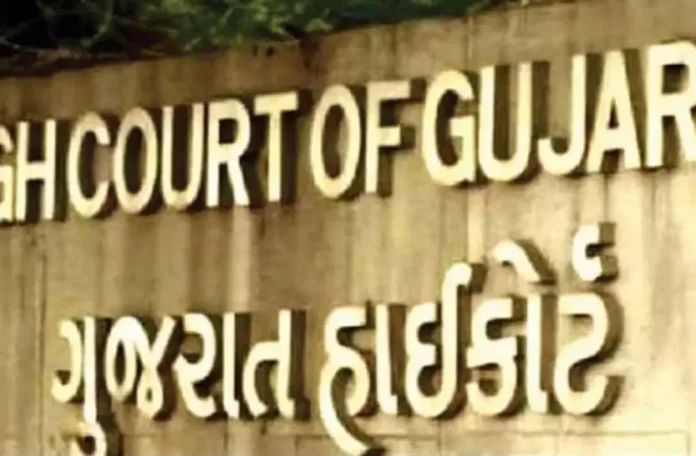The Gujarat High Court dismissed a Public Interest Litigation (PIL) filed challenging the Notifications dated 7.11.2023 and 18.11.2023 for constitution of the Gujarat State Waqf Board under Section 14 of the Waqf Act, 1995.
The contention of the counsel for the petitioners is that the State Government has not followed the provisions of Section 14 of the Waqf Act, 1995 for composition of the Waqf Board vide the Notifications impugned. The first ground of challenge is that the requirement of Sub-section(4) of Section 14 that the number of elected Members of the Board should be more than the nominated Members of the Board at all times, except the provisions of Sub-section(3) of Section 14, which has not been obeyed, inasmuch as, there are three elected Members and nominated Members are four in number.
On a query made by the Court as to which of the categories of the elected Members as per the composition of the Board provided under Section 14 sub-section(1), has been nominated by the State, no plausible answer has been given.
It is an admitted fact of the matter that each category pertaining to the elected members has been elected by the State in accordance with the provisions of Sub-section(1) of Section 14 and the nominated Members are also in accordance with the said provisions. However, the only contention raised by the counsel for the petitioners is that one Muslim member of Parliament from the State falling in category 14(1)(b)(i) should fall in the nominated category as no election was held and the said member has been nominated by the State Government.
The Division Bench of Chief Justice Sunita Agarwal and Justice Aniruddha P Mayee find inherent fallacy in the argument of the counsel for the petitioners for the simple reason that there was non-availability of Muslim M.P. and Ex-M.P. falling in category 14(1)(b)(i). When there was no other person available falling in the said category, there was no question of election. A person who has been appointed in category 14(b)(i) by exercising power under Section 14(3), has to be treated in the elected category. As no other Member of the category 14(1)(b)(i) was available, there was no question of election from the said category. The person who has been appointed in category 14(b)(ii) would fall in the category of the elected Members. The result is that out of the total 7 Members, 4 Members would fall in their elected category and three in the nominated category.
The Court therefore, does not find any merit in the submission of the learned counsel for the petitioner about violation of sub-section (4) of Section 14. The nomination of person in the category 14(1)(b) (i) would not infringe the provisions of Sub-section(4), inasmuch as, it carries exception in the shape of sub-section(3) of Section 14. The first argument of the learned counsel for the petitioners to assail the composition of the Waqf Board, therefore, is turned down.
As regards the second contention for non-compliance of the provisions of Sub-section(1) of Section 14 that at-least two Members appointed of the Board were required to be women, nothing has been brought on record before the Court about the availability of woman candidates in the nominated categories as provided in sub-section(1) of section 14. In absence of any material on record, no roving inquiry can be made by the Court to record any exception to the composition of seven Members of Board by the Notifications impugned. The second ground of challenge is also, therefore, turned down.
Lastly, as regards the third ground pertaining to the competence of the persons nominated in Clause 14(1)(c) & (d), no foundational facts have been pleaded in the petition. The assertion of the petition is completely vague and does not reflect on the competency of the nominated persons. Moreover, the nominated persons are also not parties in the petition.
Therefore, the Court did not find any merit in the submissions of the counsel for the petitioners to grant any further time to file proper affidavit or to implead those persons who have been nominated in the aforesaid clauses as Members of the Waqf Board.


